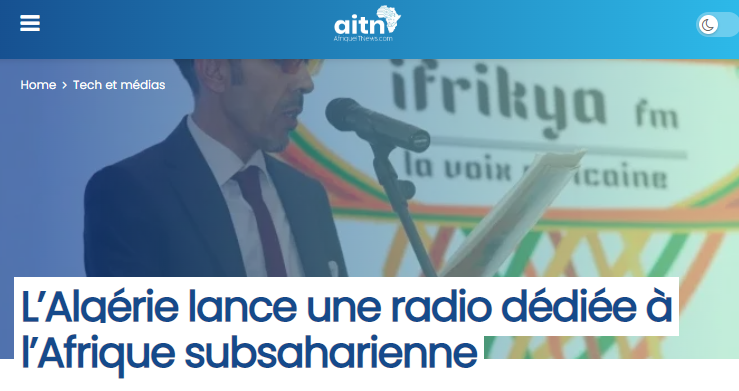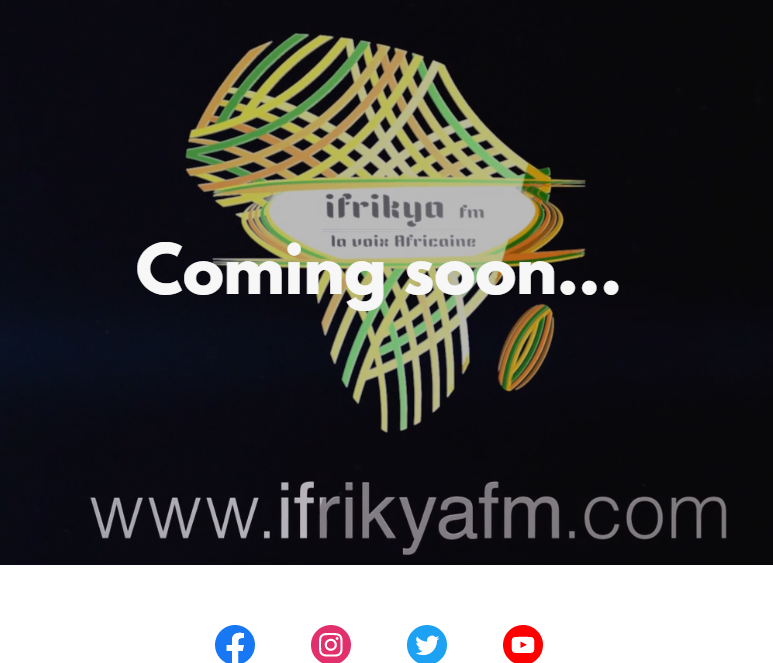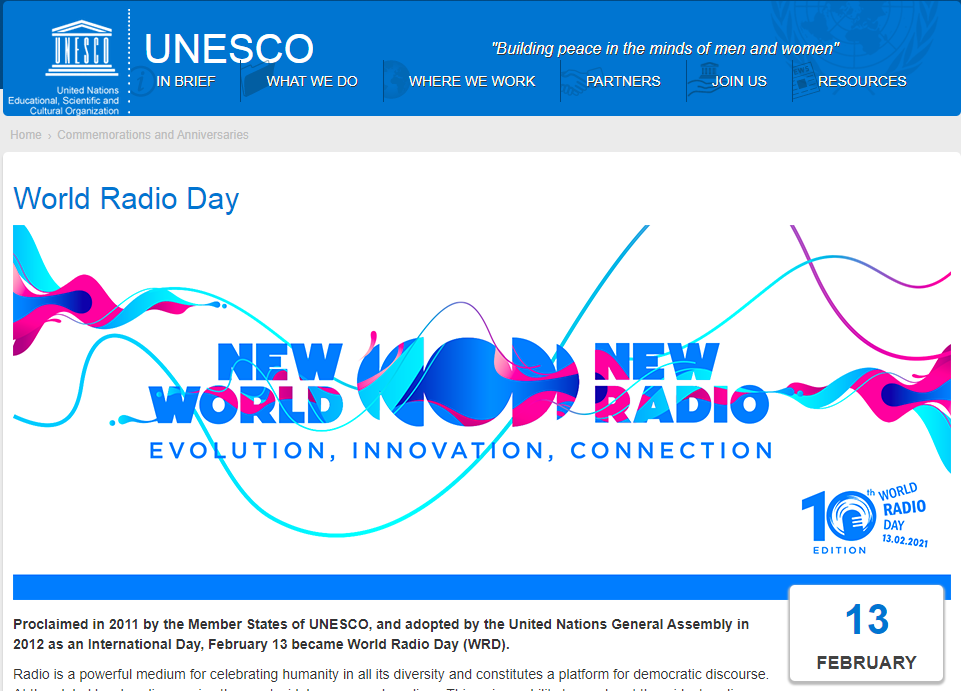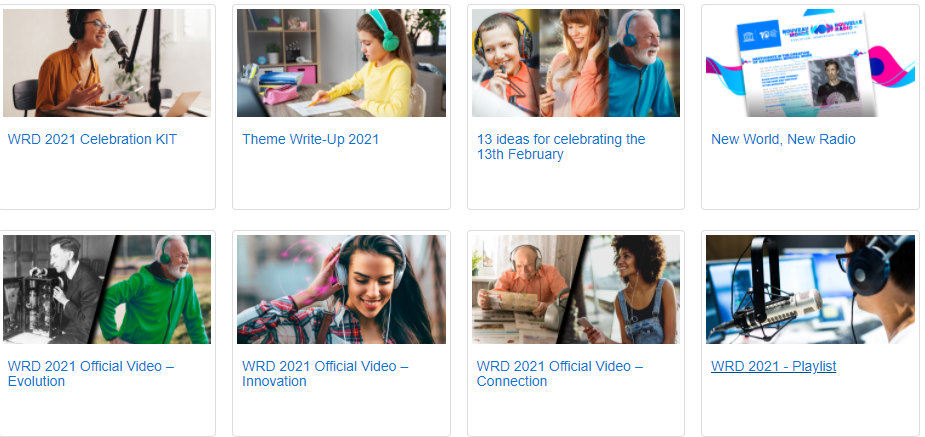The ongoing conflict in Ukraine has sparked a resurgence of interest in shortwave broadcasting, as nations strategically harness this medium to serve their individual interests. As in the case of the newly founded Ifrikya FM, which operates from Algeria to sub-Saharan countries.

Source
While the transition to digital is being considered for FM, the war in Ukraine has shown that the ‘old’ short and medium waves are the only ones capable of bypassing the blocks that freedom of information might suffer from an authoritarian regime. By launching the signal from thousands of kilometers away, they cannot be countered except by jamming transmitted in isofrequency by the other side’s transmitters, a practice much used during the Cold War but now almost in disuse. So much so that many broadcasters, from the BBC to RFE-Radio Liberty and Vatican Radio, have dusted off old transmitters or created new transmissions aimed at crisis areas. But international services are also at the service of political propaganda, as in the case of Algerian Ifrikya FM.
The multi-ethnic editorial staff and correspondents in nine countries

Source
Inaugurated in Algiers on 3 May 2023, to coincide with World Press Freedom Day, Ifrikya FM was created ‘to give a voice to African listeners‘ and its slogan is ‘The African voice’. It is actually a strategy of rapprochement with the sub-Saharan area, supported by the relaunch of new air and sea lines between Algeria and Senegal, a country with which diplomatic relations have been renewed. The station broadcasts 24 hours in French, Arabic, Targui, Hausa, and Bambara and has a staff of young journalists from Algeria, Burundi, Chad, Lesotho, Mali, Cameroon, and Niger as well as a network of correspondents in nine African countries. It broadcasts on shortwave on 13790 kHz, on the AlcomSat satellite, and on FM on 105.6 MHz (Algiers/Bouzaréah, replacing Radio Coran) and 98.4 (Tamanrasset, replacing Radio Sahel, which goes off the air).
Schedule and frequency updates for the shortwave service are available through WRTH (World Radio TV Handbook) at https://wrth.info/news/.
Written by Fabrizio Carnevalini



